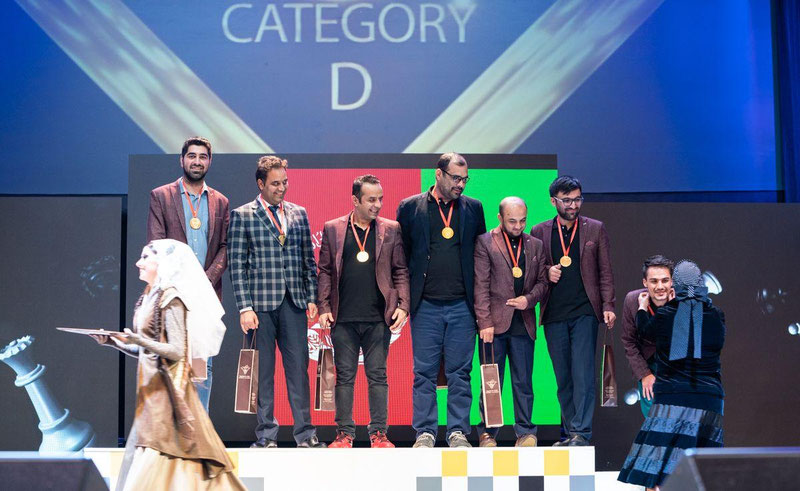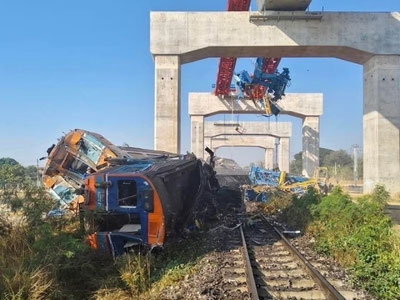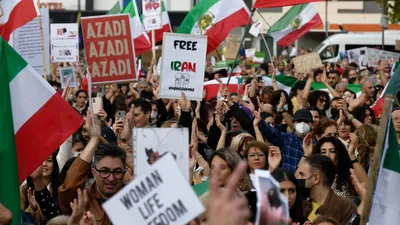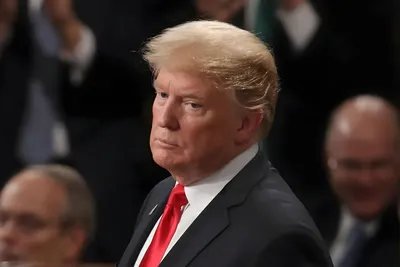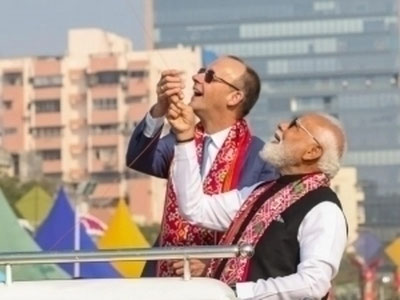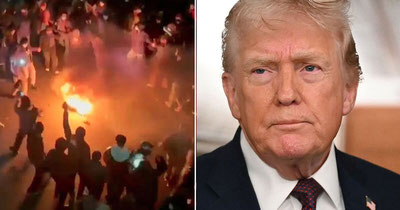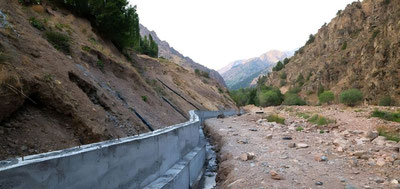The Taliban government banned chess. The announcement states that this decision was made because chess is considered to be against Islam.
The Taliban movement, which took control of Afghanistan, has banned playing chess and holding tournaments in the country. Officially, this decision is related to chess being viewed as "against Islamic laws" and a "risky and gambling game".
According to the Afghanistan Chess Federation, the ban on chess led to the closure of all chess clubs in the country and the cessation of competitions. The federation leaders stated: "This decision deprived thousands of chess players, including children and women, of their favorite game," – and expressed objection.
The Taliban's Minister of Virtue and Vice, Muhammad Khalid Hanafiya, explained: "Chess and other intellectual games waste people’s time, weaken their will, and are against the teachings of Islam," – and emphasized that this step was taken to "purify the society spiritually and morally."
The international chess community strongly criticized this decision. The International Chess Federation (FIDE) assessed the situation in Afghanistan as "a serious violation of human rights". FIDE President Arkady Dvorkovich said: "Chess is a game of peace and intellect. Banning it is unacceptable anywhere in the world," – he said.
We remind you that after the Taliban took power in 2021, the country also banned music, various sports (for women), and many forms of art. Looking at the historical process of chess, it has been popular in Afghanistan for centuries, especially widespread in the cities of Kabul and Herat.
Currently, the participation of Afghan chess players in international tournaments is also at risk. According to FIDE, the country has more than 50 professional chess players active in international ratings, and the absence of their participation could diminish the quality of tournaments.
Afghan amateur chess players are looking for legal opportunities to overturn this ban through petitioning and expressing dissent. However, the effectiveness of these efforts is doubtful under the Taliban government's strict armed control.
Abdullah Sayid
